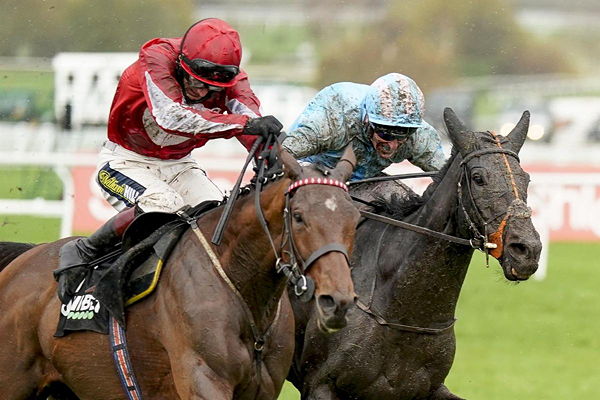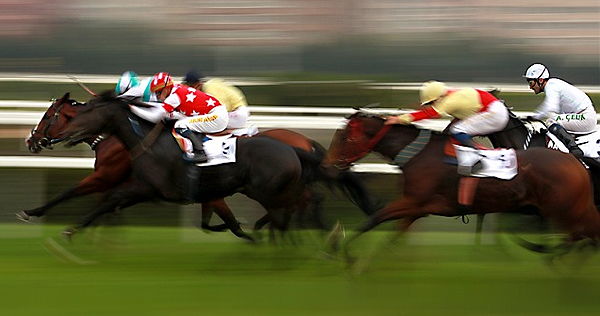| What Makes the Grand National So Special? Tuesday 7th December 2021 |

Horse racing is one of the most popular sports in the United Kingdom, up there with football and cricket. It’s also one of the country’s oldest pastimes. The General Stud Book, which keeps a record of thoroughbred race horses in both Great Britain and Ireland, was started in 1791. But believe it or not, racing goes back much further than this.
At almost 500 years old, Chester Racecourse is the oldest of its kind still in operation in the country, though most historians believe horse racing to be even older than that.
Known as “the sport of kings” due to it being popular among English royalty for centuries, these traditions endure today through events like Royal Ascot which sees the Queen attend each year. With such a long history and royal connections, it’s easy to understand why horse racing is so ingrained into British culture. And among all the big racing events that take place throughout the year, none are as important as the Grand National.
In the week leading up to the race, Brits up and down the country begin to place bets on the race. Some do this informally by taking part in sweepstakes organised by their colleagues or friends, though many more do it through bookmakers.
For many, the Grand National will be the only horse race that they bet on each year, so they’ll turn to expert tipsters for their picks. Others will try to use experience from other areas of their life and apply it to the Grand National. For example, those who play poker and other card games can implement principles like bankroll management and thinking long term.
But why is so much attention paid to the Grand National and what makes it special?
A Challenging Course
Although most racecourses share many similarities, they all have elements that make them unique. Aintree, where the Grand National is held each year, has a set of famous obstacles that helps it to stand out from the other venues on the racing calendar.
The race is run over four miles and 2.5 furlongs, covering two laps of the course. On their way, the runners and riders will need to navigate their way over 30 separate fences, including famous ones like The Chair, Becher’s Brook, and Canal Turn.
While only the best horses and jockeys take part in the Grand National, the challenging nature of the races means that many don’t make it to the end.
Unpredictability
This challenge and the fact that up to 40 horses can take part each year make the Grand National very unpredictable. Favourites often don’t win, with only two managing it since 2010. Even rank outsiders with odds as long as 100/1 have crossed the finishing post first.
This makes it even far more exciting than if you were to watch the favourite take a comfortable stride to victory year after year.

History
The Grand National is not the oldest race in the UK, but it does have a long history. Over the years, many of the country’s most famous racehorses and jockeys have taken part in and won the Grand National.
Names like Tiger Roll, Manifesto, and Aldaniti are legends in Grand National History. Red Rum is perhaps the most famous horse of all after winning three races in 1973, 1974, and 1977. In fact, he is the only three-time winner in the history of the event.
While stories of greatness are well remembered, the uplifting underdog stories from the Grand National help to endear the event to the public.
One of these was Foinavon, an Irish racehorse that was considered to be so unlikely to win that his owner didn’t even bother to attend the event. Yet, after much of the field failed to make it over the 23rd fence, Foinavon took the lead and went on to claim victory, much to the jubilation of the crowd in the stands and the viewers at home.
The Grand National is a race that captures the heart of an entire nation thanks to its history, its unpredictability, and the unique challenge it presents to its competitors.






